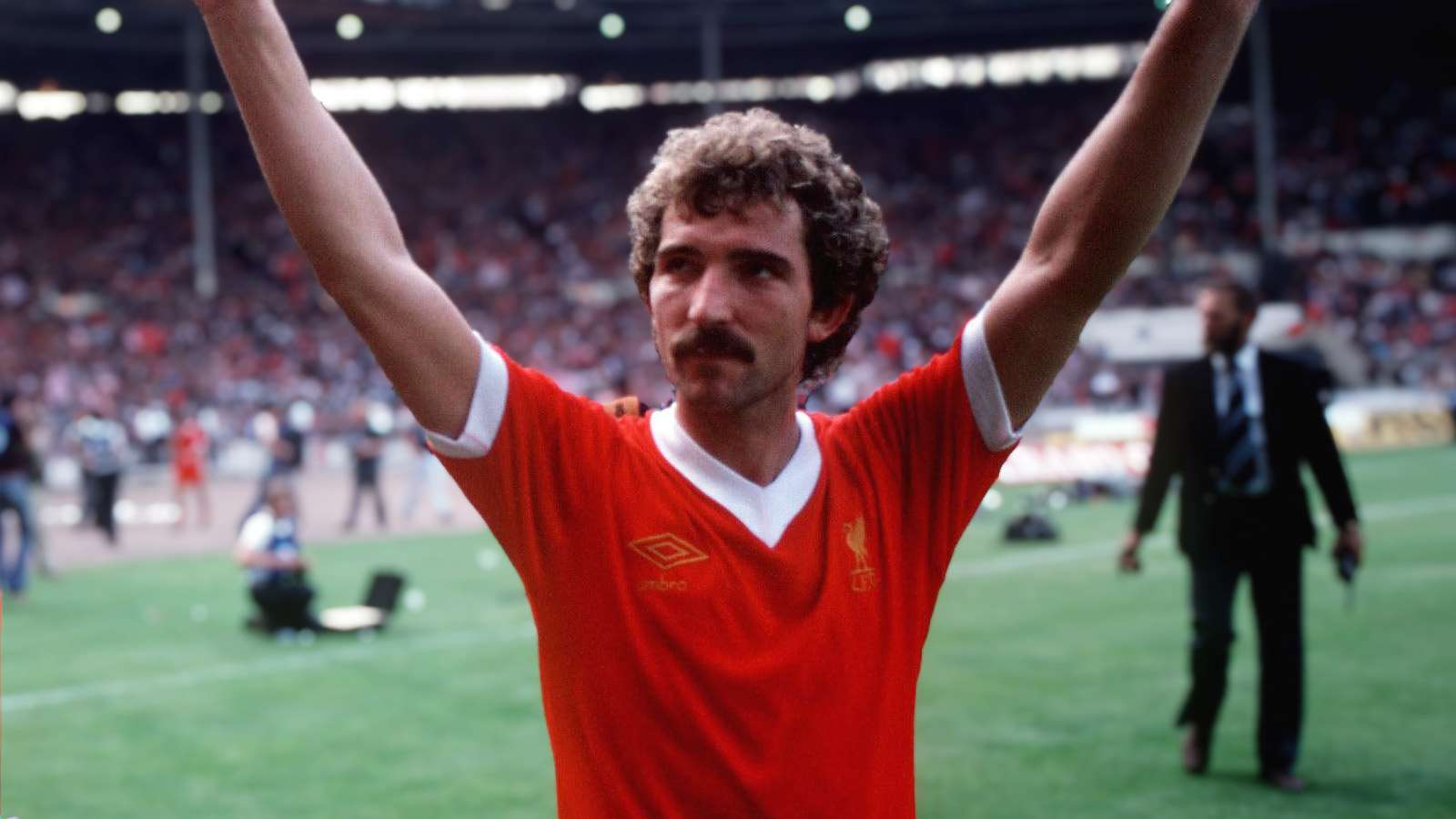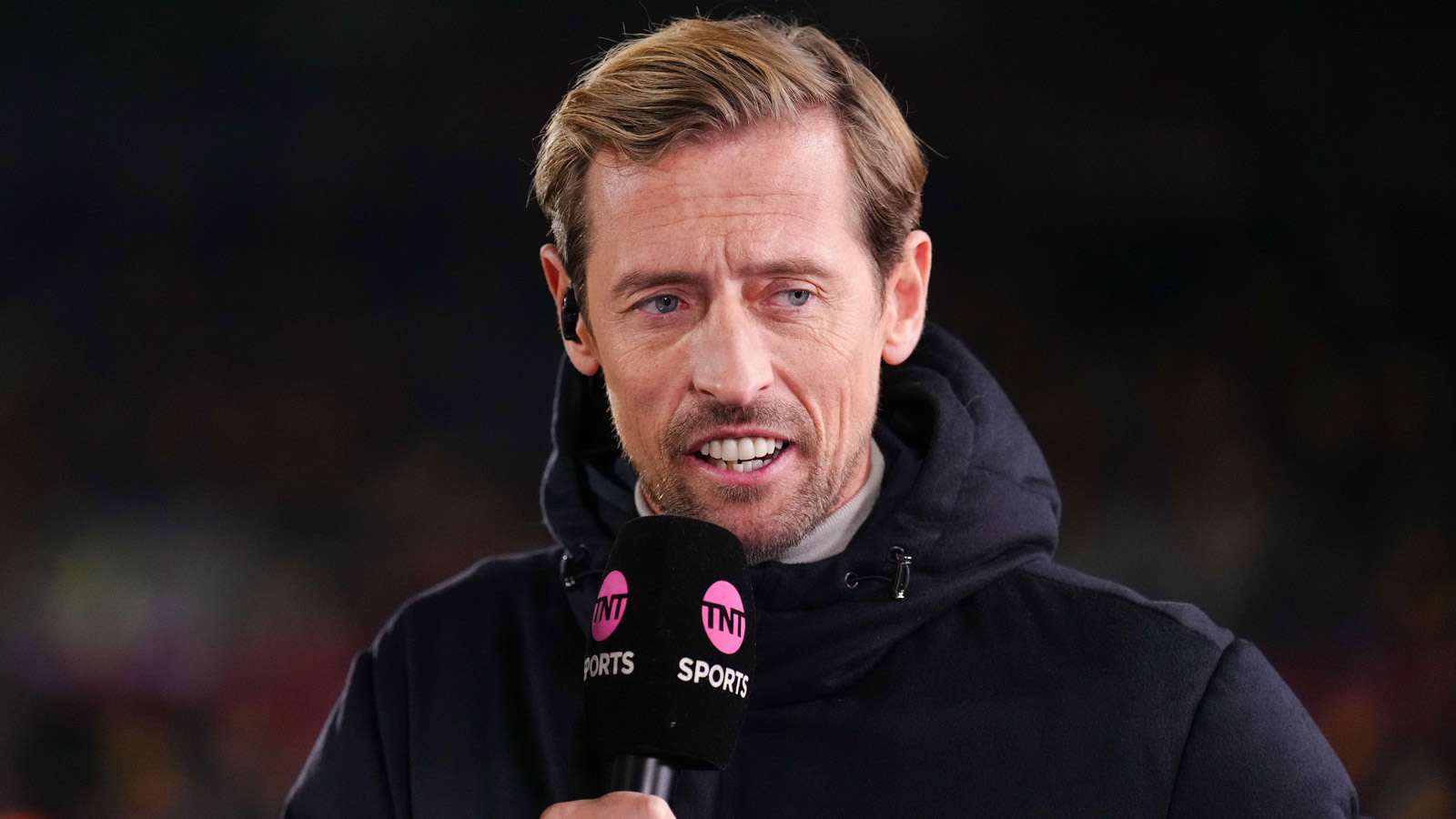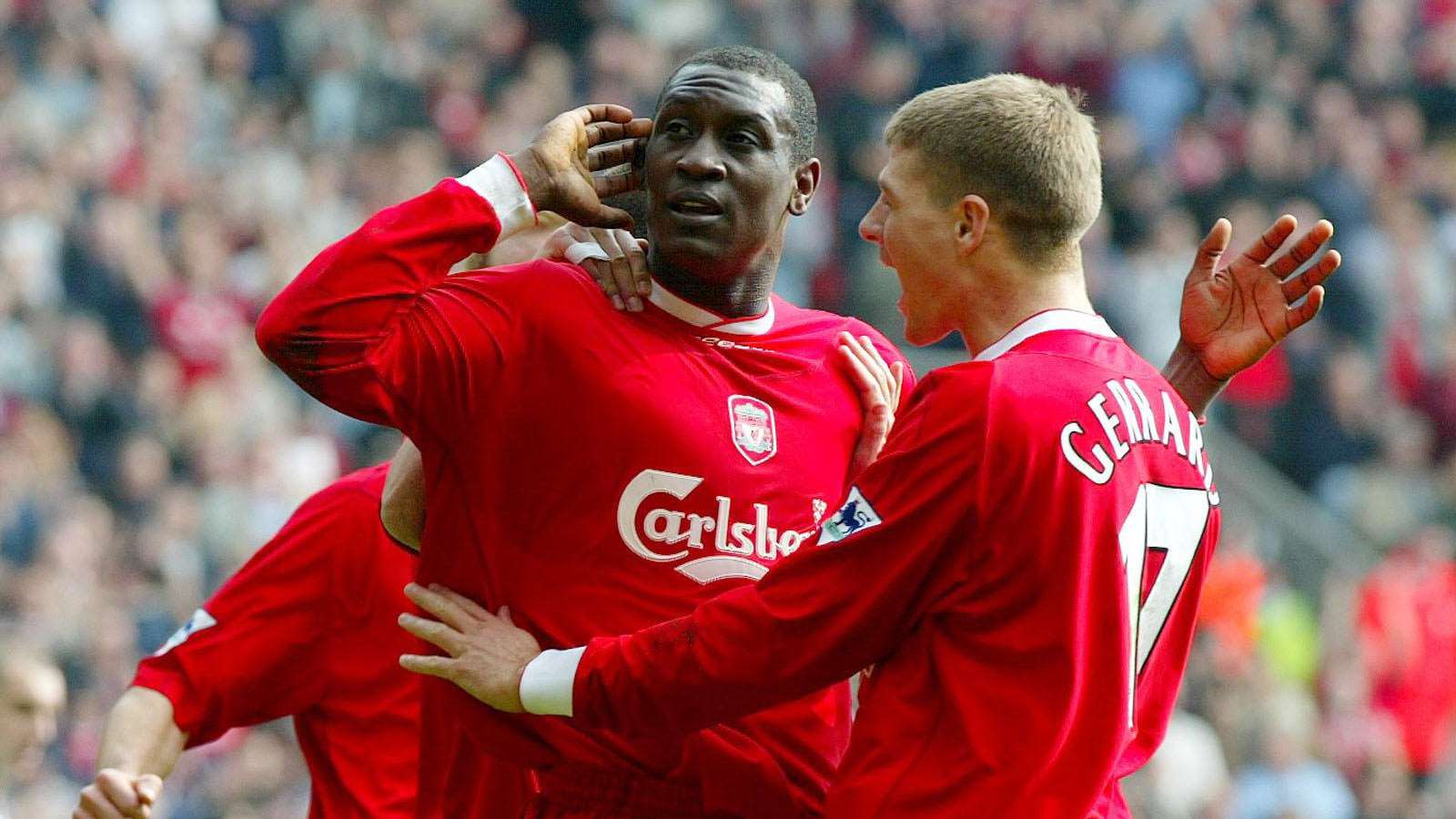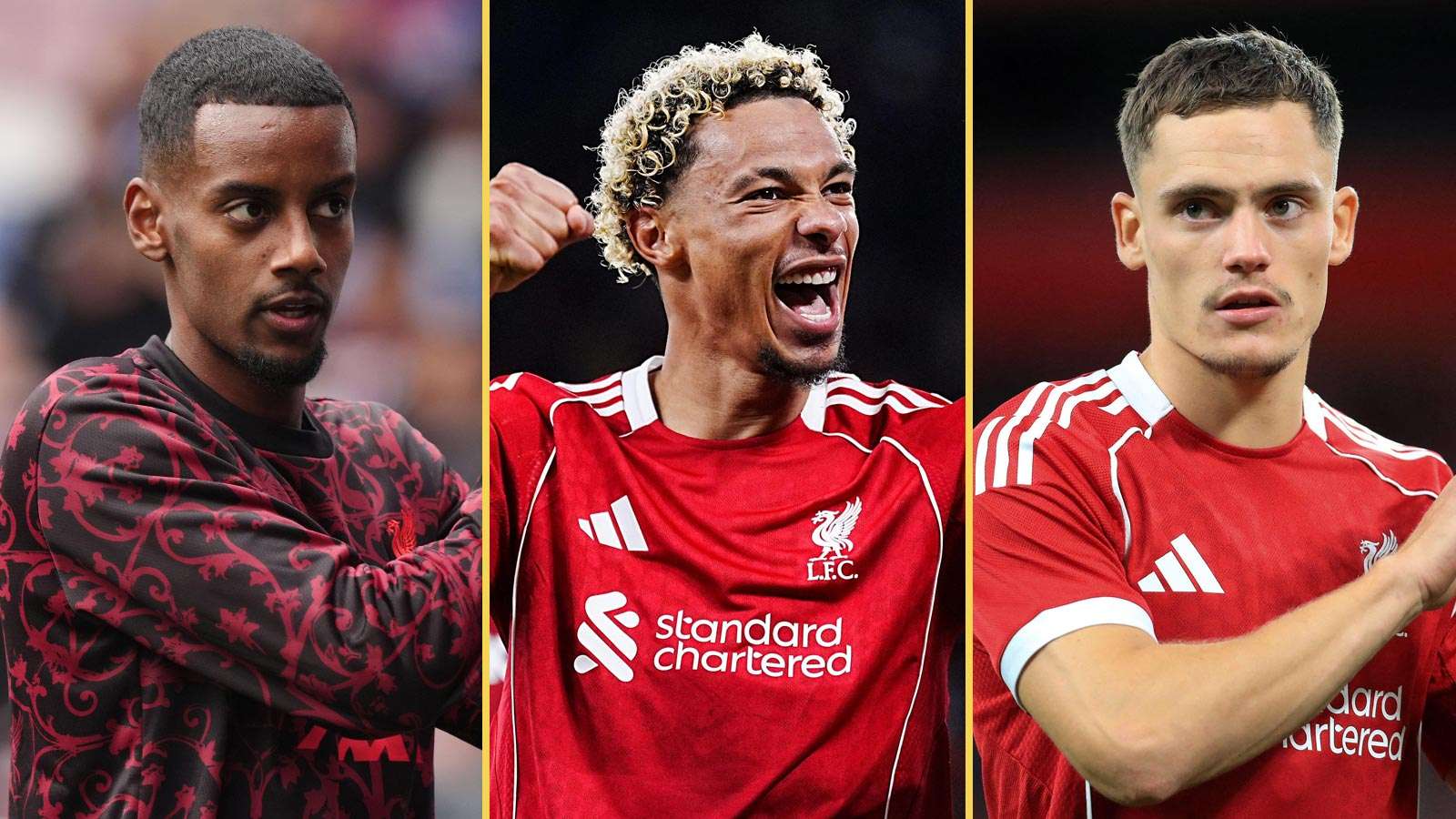Graeme Souness’s time at Anfield is filled with stories of leadership and trophies, but one early memory is of an exchange that shaped his attitude for the rest of his Liverpool career.
Before arriving at Anfield, Souness had already carved out a reputation as a tough and gifted midfielder. He had spells at Tottenham Hotspur and Middlesbrough before Bob Paisley identified him as the missing piece in Liverpool’s midfield.
Signed in January 1978 for £352,000, the Scot was thrown straight in to a team of European champions.
Souness was more than just a hard man. He was elegant on the ball, capable of dictating the tempo of matches, and ruthless in the tackle. His fiery character sometimes overshadowed his technical gifts, but within Anfield’s walls he quickly became indispensable.
By 1981 he was Liverpool captain, leading a side that conquered both English and European football.
But in the early days of his time at the club, Souness got a taste of the Anfield culture during an interaction with assistant manager Joe Fagan.
Speaking in his ‘Sports Stories’ interview with Virgin Media Sports, Souness shared a story of how he was dressed down by Fagan for asking a simple question.
“I said to Joe Fagan, who was the assistant manager, an absolute genius. I said Joe, can I have a word with you? I’ve been here a week and no-one’s said anything to me. How do you want me to play?
And in a booming voice — and Joe didn’t speak with a booming voice — he told me to F’ off and said, ‘We’ve spent all this money on you and you ask me how to play football?’
So, I never ever asked another question in my seven years when I was a player at Liverpool.”
Joe Fagan, a quiet and unassuming figure, is a vital part of Liverpool’s history.
A key figure of the legendary ‘Boot Room’, Fagan inherited a strong squad on becoming manager in 1983 and led Liverpool to an unprecedented treble in the 1983–84 season, winning the First Division, League Cup, and European Cup.
In 1984, after captaining Liverpool to treble glory under Fagan, Souness left Anfield for Sampdoria in Italy. His departure marked the end of an era, and Liverpool lost not just a player, but their heartbeat in midfield.
For Fagan, the following season was overshadowed by tragedy. Liverpool once again reached the European Cup final in 1985, but that night at the Heysel Stadium in Brussels ended in disaster, with 39 supporters losing their lives. Fagan, devastated by the events, announced his retirement immediately afterward. He had only managed Liverpool for two seasons, but his impact was profound.
The story of their relationship brings together two towering figures in Liverpool’s history. One, the softly spoken, straight-talking Scouser who guided Liverpool through one of its most glittering chapters, and the other a ferocious midfielder who embodied the steel and swagger of the club’s dominance in the late 1970s and early 1980s.
“A super, super man” is how Souness described Fagan. Though their paths diverged, both men left an indelible mark on Liverpool Football Club.




